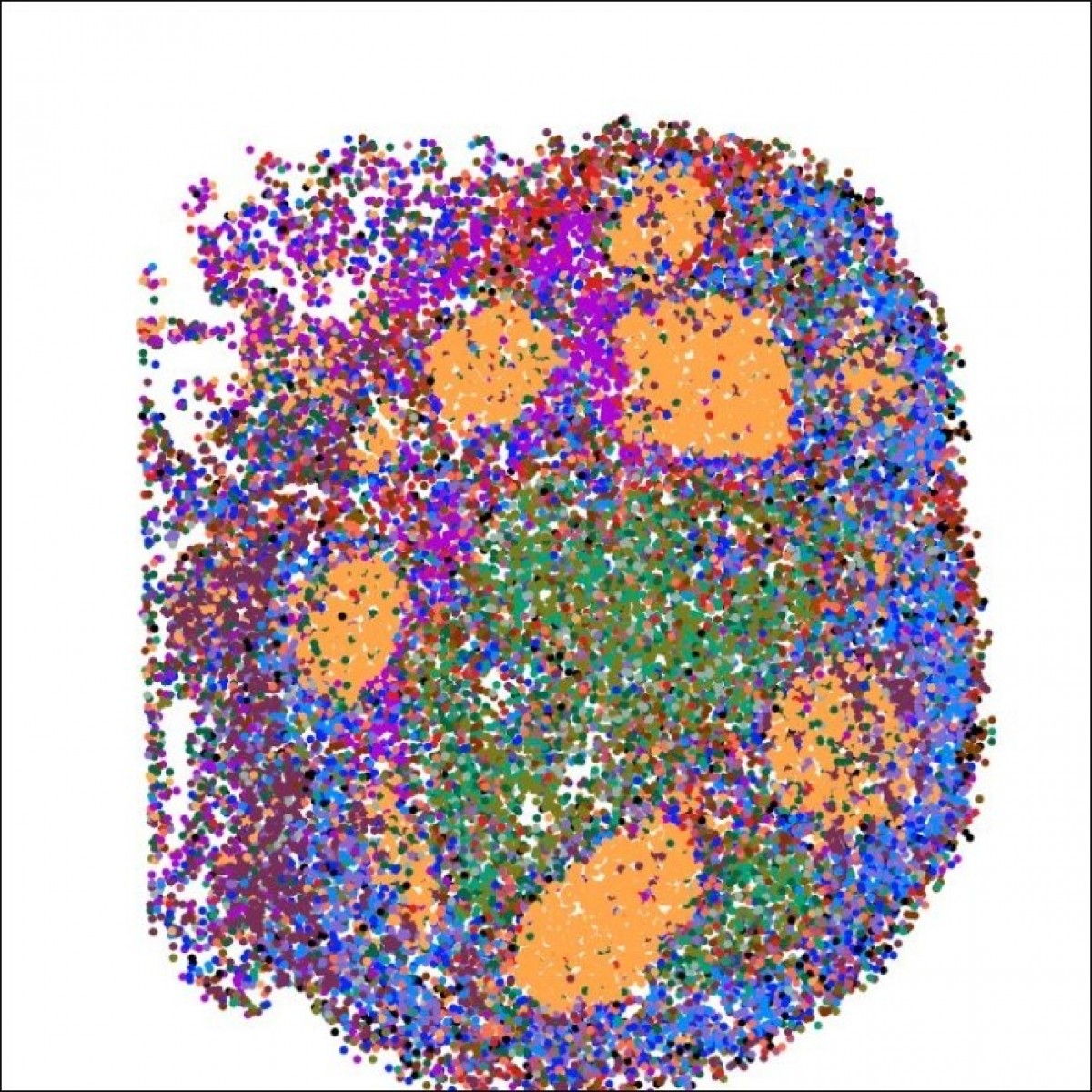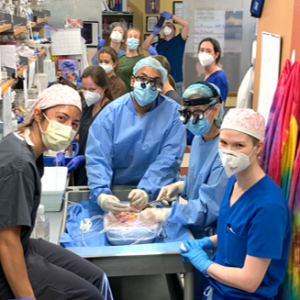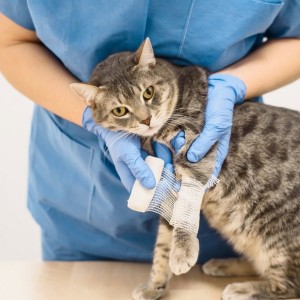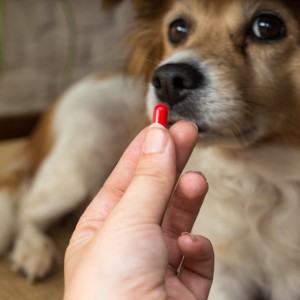Drs. Brian Rudd and Iwijn De Vlaminck receive NIH MERIT award to map T cell development over time
Dr. Brian Rudd, professor of immunology in the Department of Microbiology and Immunology and Dr. Iwijn De Vlaminck, associate professor in the Meinig School of Biomedical Engineering, have received a MERIT award from the National Institutes of Health (NIH). This prestigious and highly selective award, for which there is no application process and for which exceptional researchers can only be nominated by the NIH, will fund the Rudd and De Vlaminck lab’s research on CD8+ T cell activation and development throughout early life and into adulthood.
The MERIT award, which stands for “Method for Extending Research In Time,” is given to a highly selective cohort of researchers with “stellar records of research accomplishment.” This five-year award, worth $3.47 million, can be extended for up to another five years without having to go through a competitive peer-review process.
“It’s an honor to receive this recognition,” says Rudd. “This funding will be instrumental in progressing our investigation into T cell development and how it impacts immune responsiveness over time.”
Rudd’s research focuses on understanding why children are more at risk of infection, and often respond less favorably to vaccination, compared to adults. CD8+ T cells, immune cells that originate in the thymus and become activated in the lymph nodes, are thought to play a role in the adult-children difference, but the exact reason for this has remained unclear.
“Our understanding of the events that occur in the lymph node early after infection is still considered a black box,” says Rudd. “There’s almost no information available on how the lymph nodes change from birth to adulthood, or how T cells become activated in the lymph node at different stages of life. This makes it difficult to develop more effective vaccines for children.”
Using mouse models and advanced genomic tools, Rudd and De Vlaminck have shown that T cells in the lymph nodes exist in distinct, stratified layers depending on when they first developed in the thymus: T cells made early in life migrate to the outermost periphery of the lymph nodes where they generate a primary response to infection. Conversely, T cells made during adulthood migrate deeper into the interior of the lymph node, where they provide more advanced, systemic protection against secondary infections.
The MERIT award will allow Rudd and De Vlaminck to further their exploration of the age-related differences in immune response, using advanced technology developed in the De Vlaminck lab. The goal of the award is to map the mouse lymph node landscape as an individual develops, both before and after infection. This will result in the first spatial molecular atlas of T cell development in lymph nodes from birth to adulthood.
“This new atlas will provide new insight into how the host responds to infection at different stages of life, and will help researchers develop more precise immunotherapies,” De Vlaminck says. “Once we have mapped the developmental layers in the lymph node, it may be possible to predict infection and vaccine outcomes in children based on the developmental composition of T cells in the starting population.”
In addition to the cell atlas, Rudd and De Vlaminck will also test the impacts of exposing T cells to microbes early in life to track how permanently this exposure alters the makeup and structure of lymph nodes and contributes to variations in immune responsiveness.
“Our hope is to provide the research community with a new paradigm for T cell activation and an invaluable resource for understanding how immune responsiveness changes at various stages of life,” says Rudd.
Author: Lauren Cahoon Roberts
Source: https://www.vet.cornell.edu/














List
Add
Please enter a comment